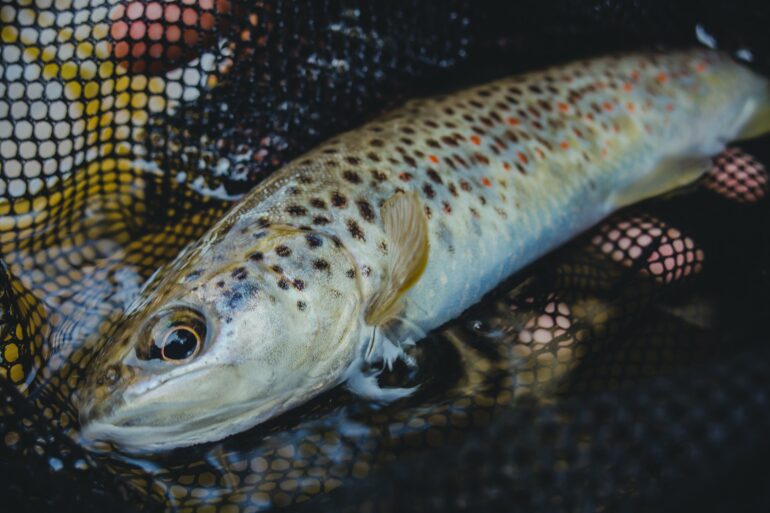TL;DR:
- Scientists are developing an underwater AI bot called Aqua to detect harmful activities in the ocean, particularly illegal fishing and protection of marine mammals during offshore wind farm construction.
- The AI system, codenamed MARLIN, utilizes underwater sensors to remotely monitor animal, human, and environmental activity in real time.
- Innovate UK has awarded over £700,000 to support the development of MARLIN.
- MARLIN has the potential to reduce ship time at sea by up to 75%, thereby significantly cutting CO2 emissions.
- The technology allows for the real-time transmission of data, revolutionizing scientific oceanic monitoring and enabling prompt responses to illegal fishing and marine ecosystem threats.
Main AI News:
In an exciting development, scientists have recently commenced work on a cutting-edge underwater artificial intelligence (AI) bot poised to revolutionize the preservation of oceanic ecosystems. This remarkable innovation, named Aqua, has been specifically designed to detect and counter activities that inflict harm upon the marine environment, primarily focusing on the detection of illegal fishing. Furthermore, Aqua will play a crucial role in safeguarding marine mammals during the construction of offshore wind farms, ensuring their protection and well-being.
The development of this state-of-the-art AI system, codenamed MARLIN, has received a significant boost with Innovate UK’s generous allocation of over £700,000. MARLIN harnesses the power of underwater sensors, enabling remote monitoring of animal, human, and environmental activities across vast expanses of the ocean. These invaluable data sets are then instantaneously transmitted in real time, allowing for swift and effective responses.
Renowned Professor of Statistical Signal Processing, Paul White, hailing from the esteemed University of Southampton, lauds the potential impact of this groundbreaking technology. He emphasizes, “By leveraging the capabilities of artificial intelligence to monitor acoustic signals in the underwater realm and transmitting information rapidly to shore, we can equip ourselves with the necessary tools to safeguard fragile marine ecosystems and detect a wide range of illegal activities.“
Traditionally, ocean monitoring missions have heavily relied on the deployment of large vessels. However, the advent of the MARLIN system promises to revolutionize this approach, potentially reducing the duration of sea voyages and, consequently, slashing CO2 emissions by up to an astounding 75 percent. This breakthrough holds tremendous potential for environmental conservation and sustainable practices.
Elucidating the significance of this technology, Dr. Ryan Mowat, Research Director at RS Aqua, remarks, “MARLIN is poised to transform the landscape of scientific oceanic monitoring. Currently, we deploy instruments underwater for prolonged periods, only retrieving them at a later stage to access the acquired data. MARLIN will pave the way for real-time transmission of this data, with far-reaching implications. It will enable us to ensure that offshore construction activities are conducted with utmost sensitivity toward marine mammal presence, while also facilitating the continuous monitoring of marine protected areas through instant recognition of illegal fishing activities.“
Conclusion:
The introduction of Aqua and the MARLIN system represents a significant advancement in the fight against illegal fishing and the protection of marine ecosystems. This innovative technology has the potential to revolutionize the market for scientific oceanic monitoring, offering real-time data transmission and rapid response capabilities. With the ability to reduce ship time and decrease CO2 emissions, the MARLIN system showcases a sustainable approach to preserving our oceans. This development paves the way for enhanced conservation strategies and improved environmental practices, demonstrating a promising market outlook for ocean monitoring technologies.

